What Is COP26? What You Need to Know About the United Nations Climate Change Summit, and How It Connects to Hunger
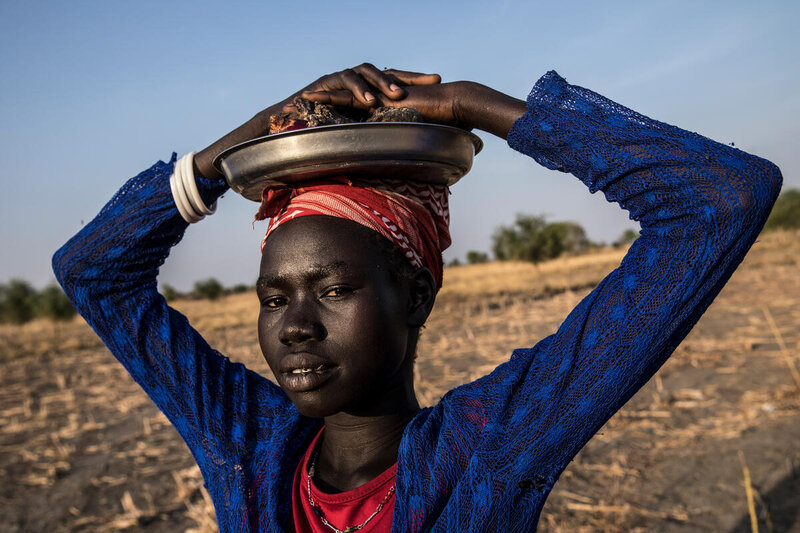
Beginning this Sunday, global powers will meet in Glasgow to urgently tackle climate change. The United Nations World Food Programme (WFP) will join humanitarian organizations as observers to the talks, daring to hope for decisions that will save millions from hunger.
What is COP26?
For almost three decades, the United Nations has convened annual global climate summits called COPs – Conference of the Parties – to gather countries signed up for the United Nations Framework Convention on Climate Change. Participating countries meet to discuss and make plans for how to address the world’s climate crisis.
The 2021 meeting is the 26th annual summit and is being hosted by the United Kingdom and Italy in Glasgow, Scotland.

Ethiopia, Madagascar, South Sudan and Yemen are among countries where 584,000 people currently face famine-like conditions as climate change intersects with the other huge driver of hunger, conflict.
Who Turns Up?
People who hold power and people who lobby them: world leaders, politicians, negotiators, representatives of civil society, businesses and international organizations like the United Nations World Food Programme (WFP).
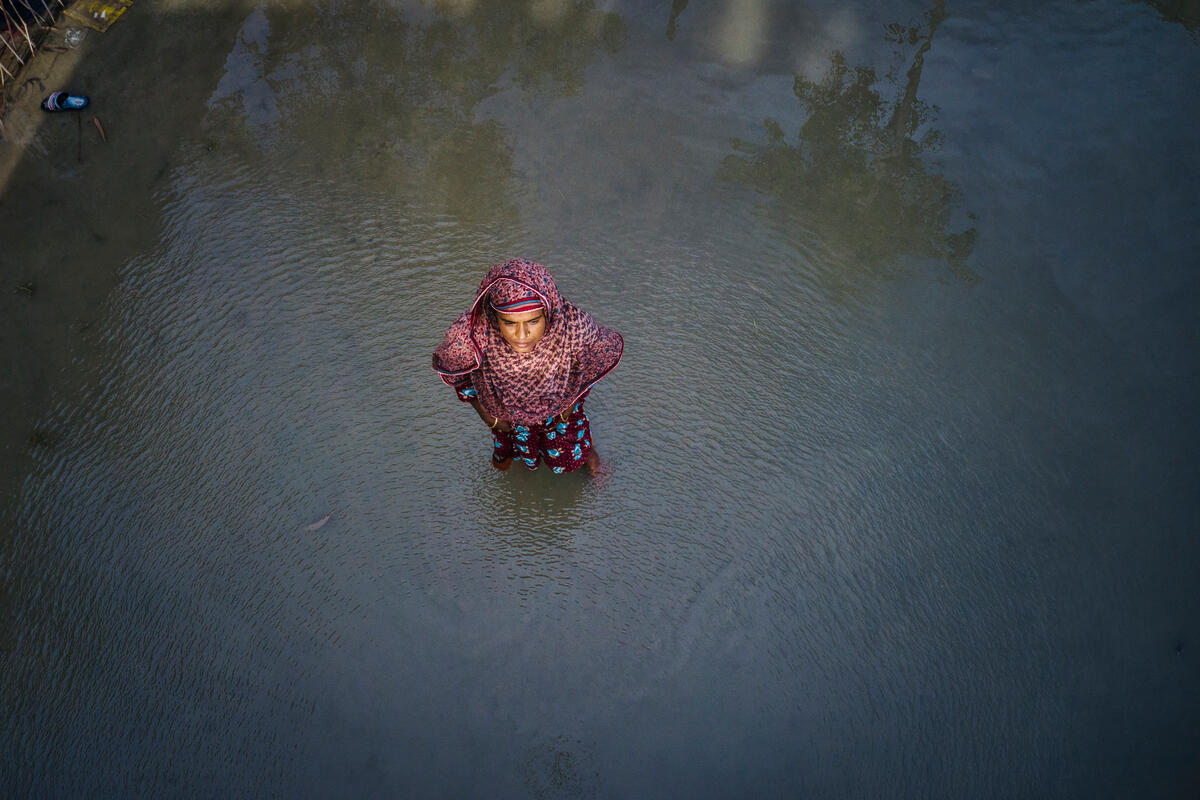
Bangladesh is greatly susceptible to natural disasters and the effects of climate change. Between 30 and 50 percent of the country suffers severe climate shocks every year
What Are Their Goals?
At COP21 in 2015, 196 countries signed onto the Paris Agreement – a commitment from all participating countries to limit global warming below 2 degrees (ideally no more than 1.5 degrees Celsius).
Paris Agreement signatories resolved to update their plans for reducing emissions every 5 years. COP26 is that moment to revisit past promises and create updated plans.
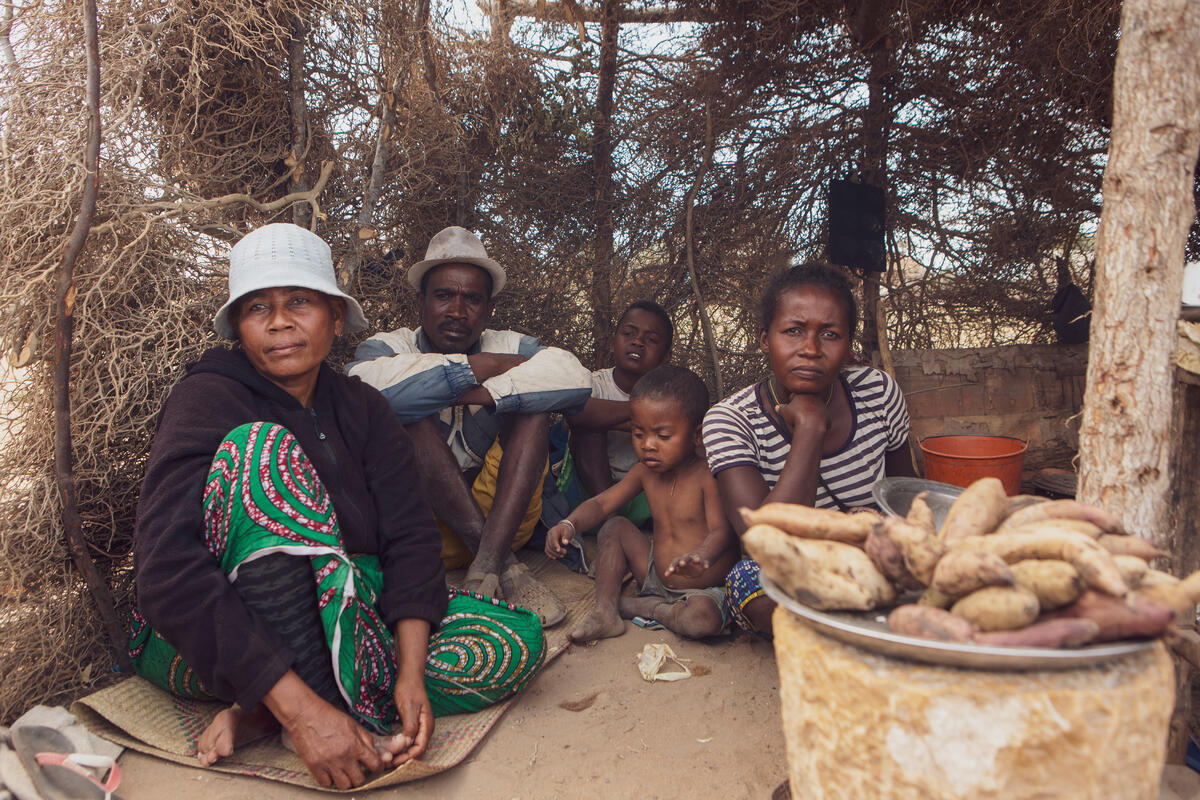
Madagascar is the only place in the world where hunger is being driven by climate, not conflict. Year upon year of drought has left families in southern Madagascar helpless and pushed over 1 million people into hunger.
Can These Goals Be Reached? And How Does This All Relate to Hunger?
There is still a chance of limiting global warming below 2 degrees, which makes action now critical. In a 2 degrees Celsius warmer world, an additional 189 million people would be pushed into hunger. If that temperature were to double, 1.8 billion more people would be pushed into hunger.
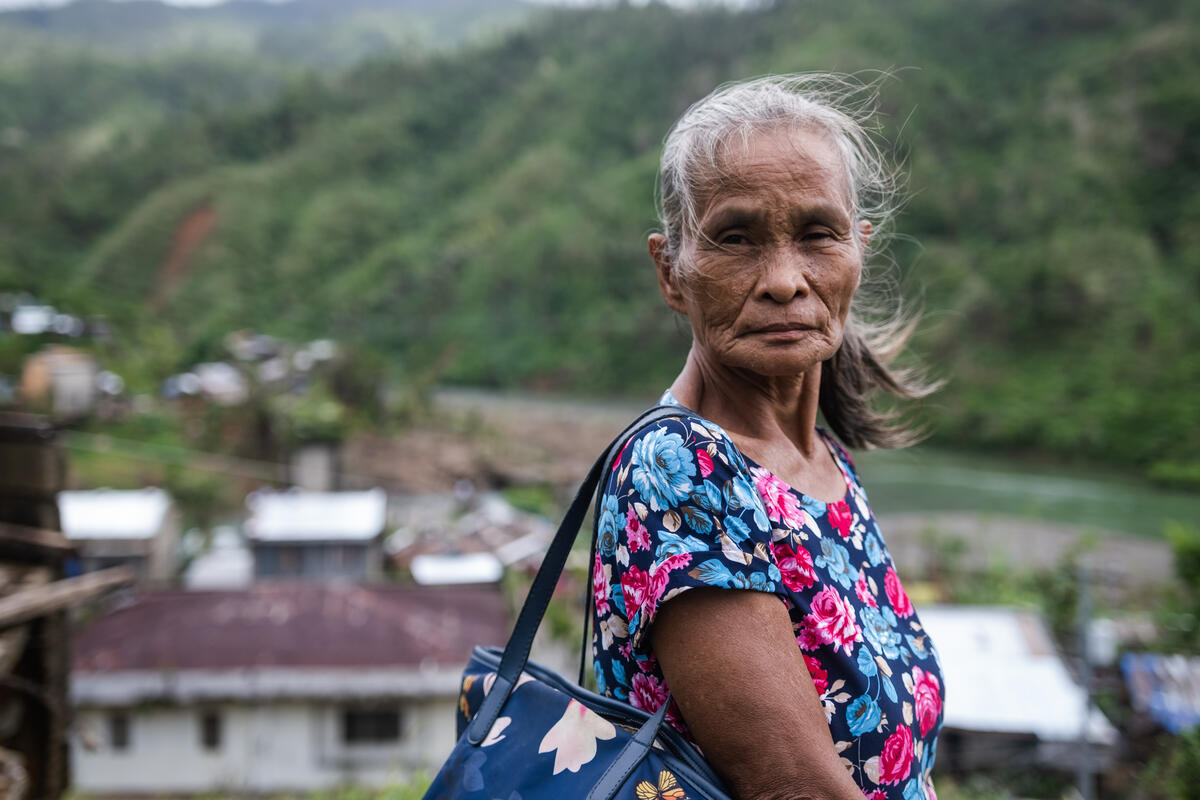
Nelly Tomon received support from the U.N. World Food Programme following Typhoon Goni in December 2020. The typhoon damaged her home and limited her access to abaca – a banana plant she strips to earn a living.
“Natural resources such as clean water and fertile land are becoming scarce and competition over these resources is becoming fiercer. This is leading to a toxic interplay between the climate crisis, conflict and hunger,” explains U.N. World Food Programme Climate and Disaster Risk Prevention Chief Gernot Laganda.
The climate crisis impacts all parts of the global food system – from production to consumption. It destroys land and crops, kills livestock, depletes fisheries and cuts off transportation to markets. This in turn impacts food production, availability, diversity, access and safety.
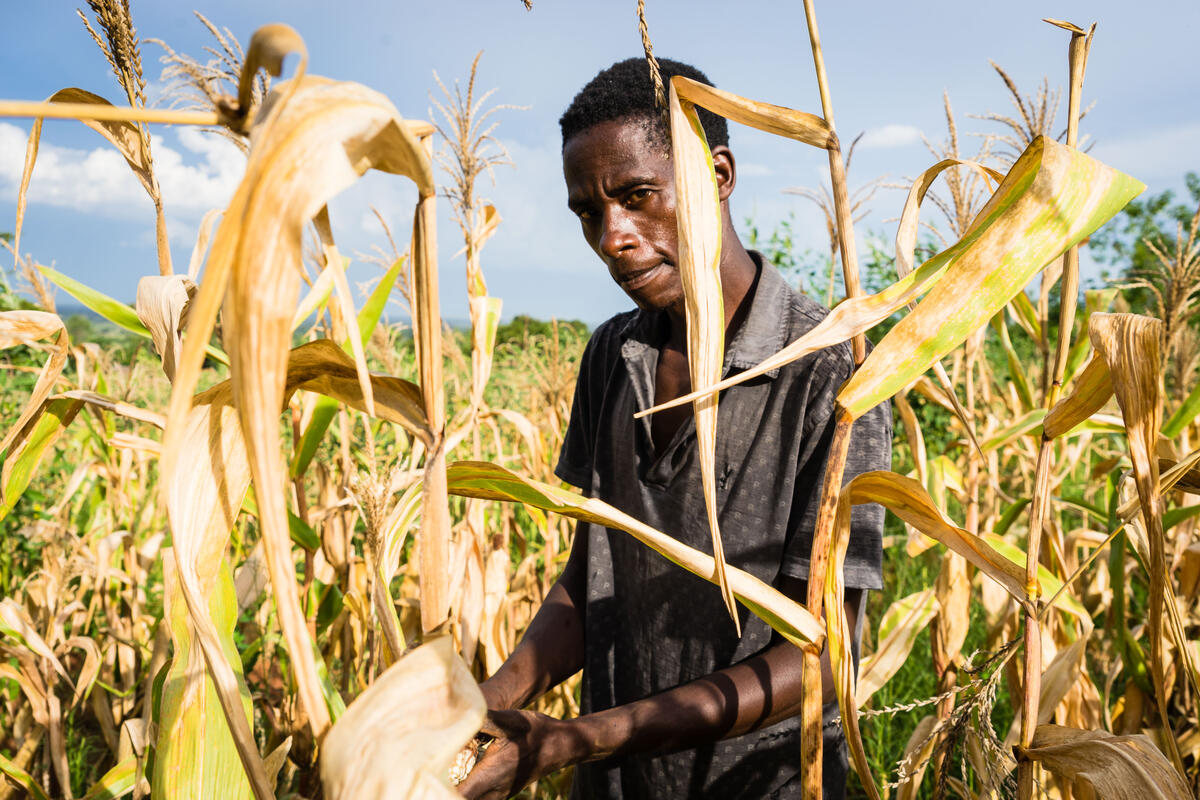
For many years, farmers in the Kankhomba village in Malawi have faced the worst effects of climate change and severe deforestation. The nearby Namilambe river would surge, washing away their crops and houses. With support from the U.N. World Food Programme, communities were taught how to control the flow of water through trenches, dams and grass.
So What Does WFP Want to Happen at COP26?
The U.N. World Food Programme wants governments and donors to commit to urgent global action that:
- restores degraded ecosystems to act as natural protection against climate change
- protects the most vulnerable communities
- anticipates climate hazards to allow for early action and risk management
- re-energizes food systems to stop deforestation and cut carbon emissions
The climate crisis is here. We need global action now.
This story originally appeared on WFP’s Stories on October 21, 2021 and was written by Peyvand Khorsandi.




